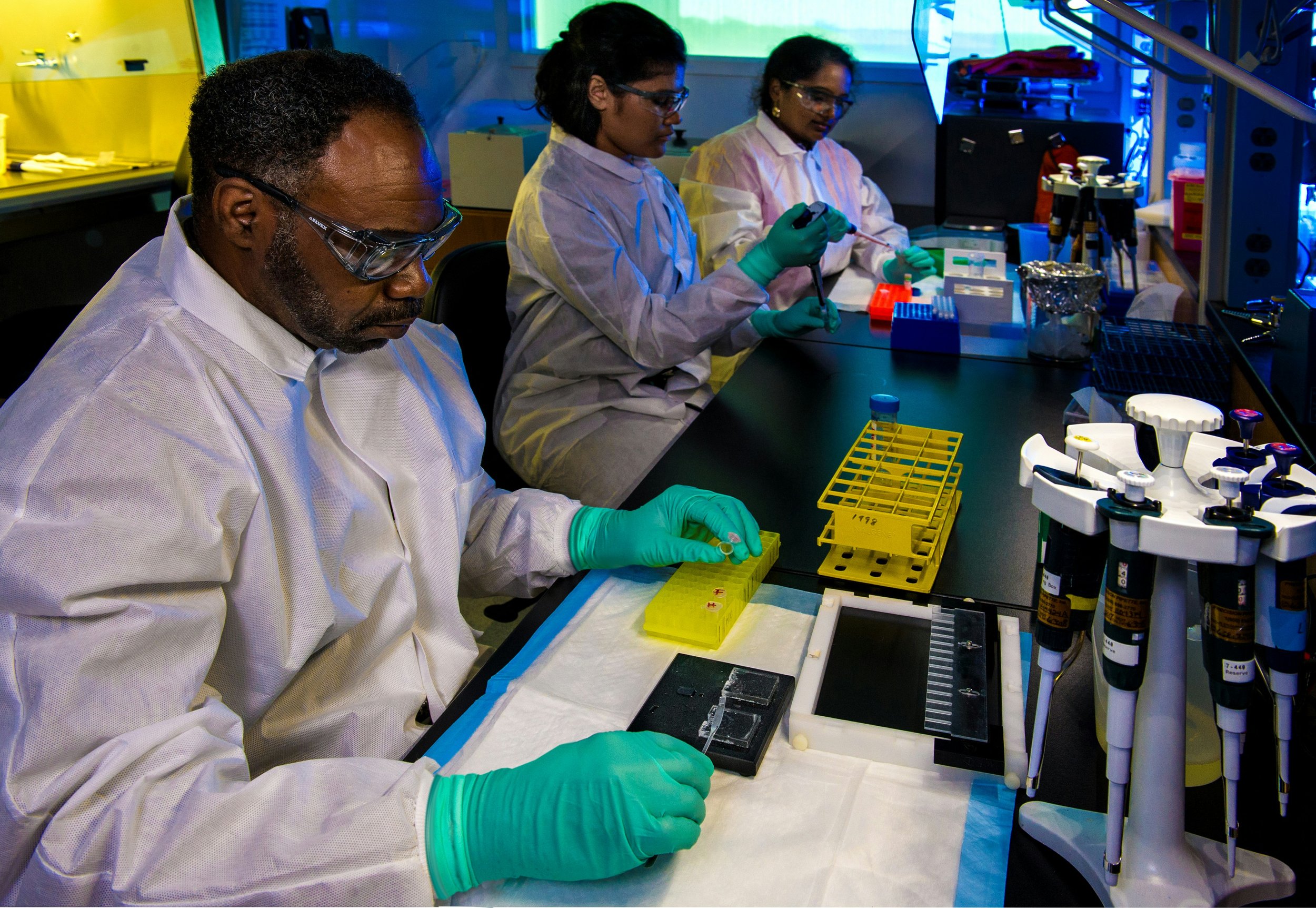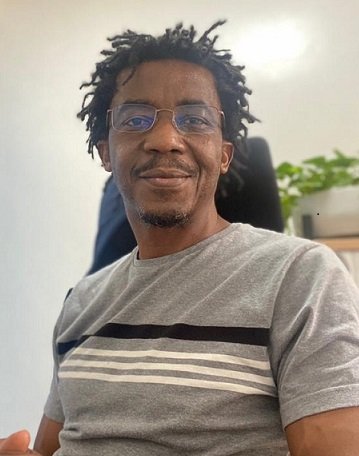Global Health Unfiltered Blog

Institutional Dominance versus Collaborative Equity in Global Health
International aid, often the lifeline of global health programs in LMICs, can inadvertently perpetuate these imbalances. Donor-driven agendas can steer research, neglecting local priorities and expertise. Instead, we need models that empower LMIC institutions to set research agendas, collaborate on equal footing, and build sustainable partnerships beyond quick-fix projects.

Who sets Africa’s research agenda?
The day African scientists take up their responsibility of getting engaged and intentional about improving the level of research without dependence on foreign bodies is the day they will determine the African research agenda.

Local and international experts in global health; who's to say?
In rejecting the “local expert” label, researchers in LMICs are saying that they have had enough! They are in essence demanding to be seen as equals with researchers from institutions based in HICs. They want their expertise and experiences to be recognized and acknowledged in all spheres of global public health, from research ideation, funding, and publishing to implementation.

The Future of Medicine is in Africa's Genes
Though improvements in genetic research globally have been impressive, the African continent is lagging behind. This lag is best evidenced by the limited contribution of African genomics to databases - a mere 2%!!! Prof. Wonkam sees this deficiency as a missed opportunity for medicine and science as a whole.

Rejected by Global Health Journals, African Researchers Create their own Journal
As a young public health researcher Dr. Kamadjeu encountered many challenges in getting his research articles published in so-called global health journals. Whenever he submitted a research manuscript to global health journals, he often received the following response: "Your article is not suitable for an international audience."